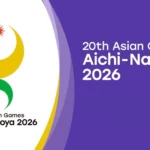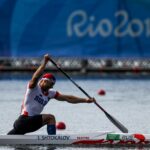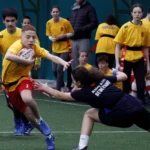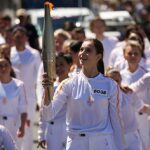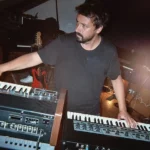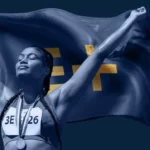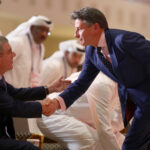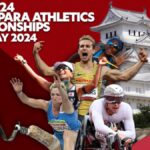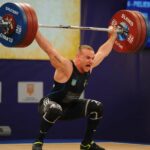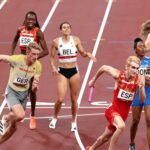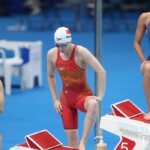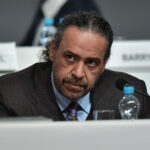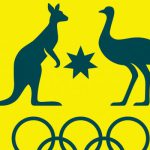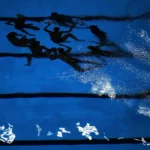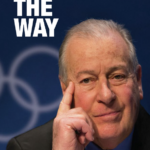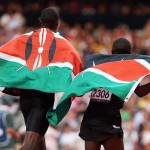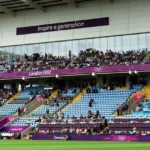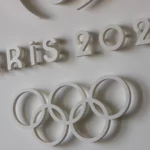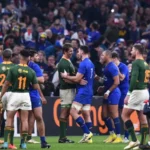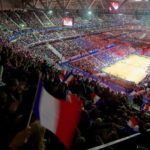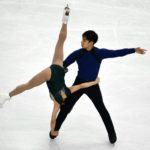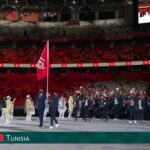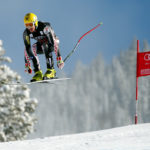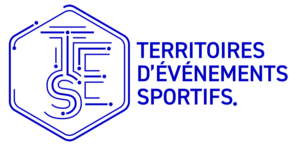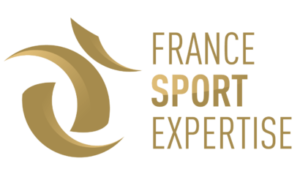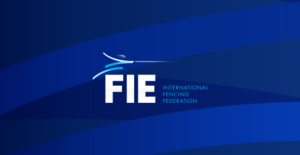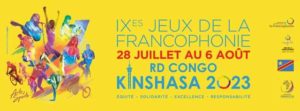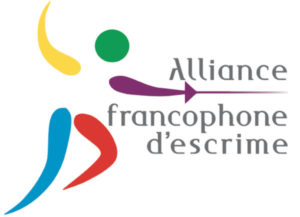Thirty-fourth episode: Frenchman Olivier Bime, responsible for international relations for the French Badminton Federation.
FrancsJeux: What was your journey in the sports movement?
Olivier Bime: I discovered badminton late, in Bordeaux, at 19 years old. Very quickly, I became a volunteer leader and coach. After my sports professorship, in 1990, I was assigned to the French Badminton Federation (FFBaD). At the time, it had less than ten thousand licensees and we were three state executives, including DTN. I therefore had to work in all sectors: training, training, development at various levels of responsibility. I have experienced from the inside the tremendous development of the FFBaD, an Olympic discipline since 1992, currently with nearly 200.000 members and which now counts on the international stage.
What is your role today?
The arrival of Richard Rémaud as president of the FFBaD in 2013, with his desire to make badminton a major sport in France and France a major nation in world badminton, gave birth to new missions. The DTN, Philippe Limouzin, entrusted me with two missions: foresight, which consists of fueling the reflection of elected officials and colleagues on the place of badminton in the sports movement and thinking about its development in twenty years, and international relations , as part of a strategic plan put in place by the FFBaD. One of the axes of this international strategy is dedicated to the development of this sport within the French-speaking world via the Francophone Badminton Association. This organization is chaired by Etienne Thobois, selected for the Atlanta Games in 1996, currently general director of Paris 2024.
What does the sporting Francophonie represent in your eyes?
The French-speaking Badista region brings together 64 countries, or a third of the nations affiliated to the International Federation (BWF). It can therefore contribute, at its level, to developing badminton and we always do so in conjunction with the BWF and the continental confederations. When I start an action for French-speaking badminton, I always emphasize what unites us: the discipline that we love and the language that we have in common. This language, French, allows us to communicate and develop cultural exchanges that go well beyond pure sporting practice. Working in the French-speaking world means first and foremost enriching yourself culturally. I consider that I have succeeded in part of my mission if, at the end of an action, young people have changed in a positive way the way they view others.
What do you expect from the Rio 2016 Games?
I would like these Games to make us experience real sporting emotions. I would like sport and the emotions it provides to come back to the forefront and for the exploits and performances of athletes not to be overshadowed by cases of doping, corruption and violence.
In your opinion, can the values and practice of sport promote “living together”?
Obviously. What is the probability in everyday life for a Senegalese to come across a Chilean? Sport can allow a Kazakh or a Central African to cross paths with a Fijian or a Guatemalan. It can also open new horizons to all those who follow these athletes, including viewers. And beyond the confrontation of the pure moment of competition, sport can allow athletes from diverse backgrounds and distant cultures to train together, coaches to train together, managers to work on common projects. , for supporters to meet. Sport must be a space for consensus, for sharing common values. It develops value systems that go beyond political boundaries. In sociology, culture is defined as what is common to a group of individuals and as what unites it. Culture is what allows people to live together. For me, sport is a cultural expression and I am opposed to the common idea of separating sport and culture. For this, obviously, sport helps promote “living together”.



